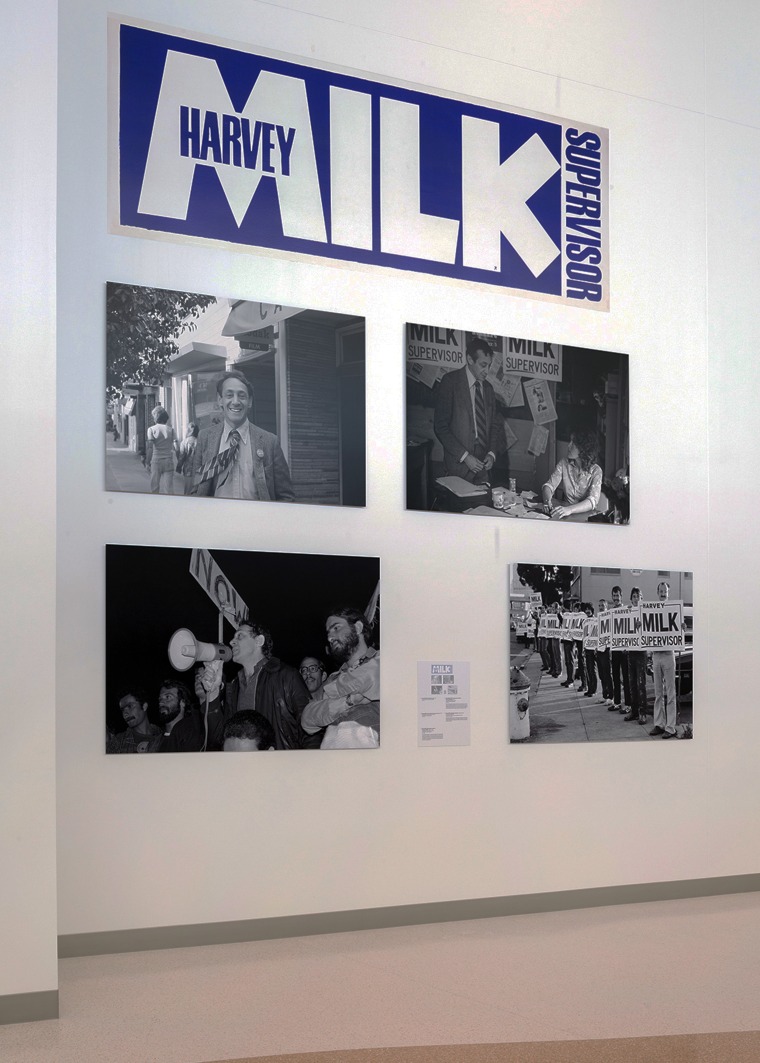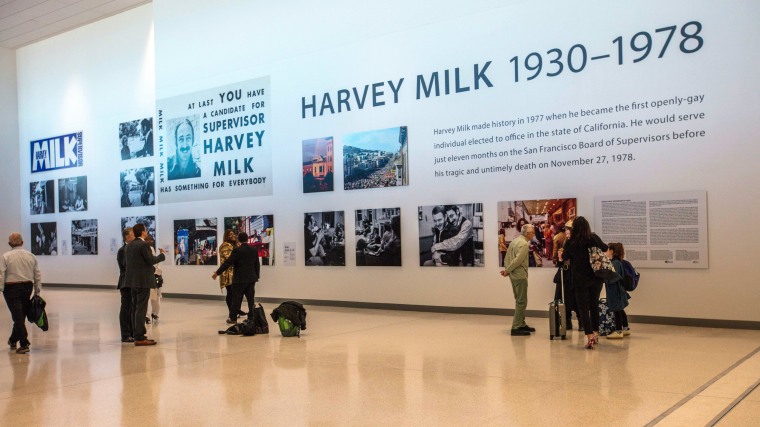Bill to Require Teachers to be Trained on resources for LGBTQ Students Advances
California State Assemblymember Todd Gloria (D-San Diego) has secured a significant victory for the state’s LGBTQ youth. Today, the Senate Education Committee approved Assembly Bill 493 (AB 493), authored by Assemblymember Gloria and co-sponsored by State Superintendent of Public Instruction Tony Thurmond and Equality California, which would require teachers to receive training on school and community resources available to support LGBTQ students. AB 493, known as the Safe and Supportive Schools Act of 2019, passed the Committee 6 -0 with bipartisan support and now advances to the Senate Appropriations Committee.
“The Safe and Supportive Schools Act will create a more supportive and safe learning environment for LGBTQ students by providing teachers with the resources they need to support our LGBTQ youth both at school and in their local community,” said Assemblymember Todd Gloria. “Despite an overwhelming increase in reports of harassment, many LGBTQ students do not report their troubles because they question whether they will be understood and if an effective intervention will occur. This is why this bill is critical.”
AB 493 would require online training every two years for teachers of grades seven through 12 and all other certified employees of the school. The training would include information about school site and community resources available to support LGBTQ students as well as strategies to increase overall support teachers can provide LGBTQ students. This will help ensure educators know how to best support LGBTQ students facing bullying, harassment, discrimination, and/or lack of acceptance at home or school.
“With all the unique challenges that LGBTQ students face in our schools and our communities, it’s critical that we equip every California teacher with the tools and training they need to support them,” said Equality California Executive Director Rick Zbur. “We’re grateful to the Senate Education Committee for their bipartisan support today, and we look forward to continuing to advance this crucial legislation with Assemblymember Gloria and Superintendent Thurmond.”
According to the 2017 National School Climate Survey, 82 percent of LGBTQ students reported hearing anti-LGBTQ remarks in their school; approximately 7 in 10 reported being called names or threatened because of their sexual orientation; and more than one-third of students who identify as LGBTQ reported missing at least one day of school because of feeling unsafe.
AB 493 is co-authored by the California Legislative LGBTQ Caucus. The bill now heads to the Senate Appropriations Committee for consideration.



